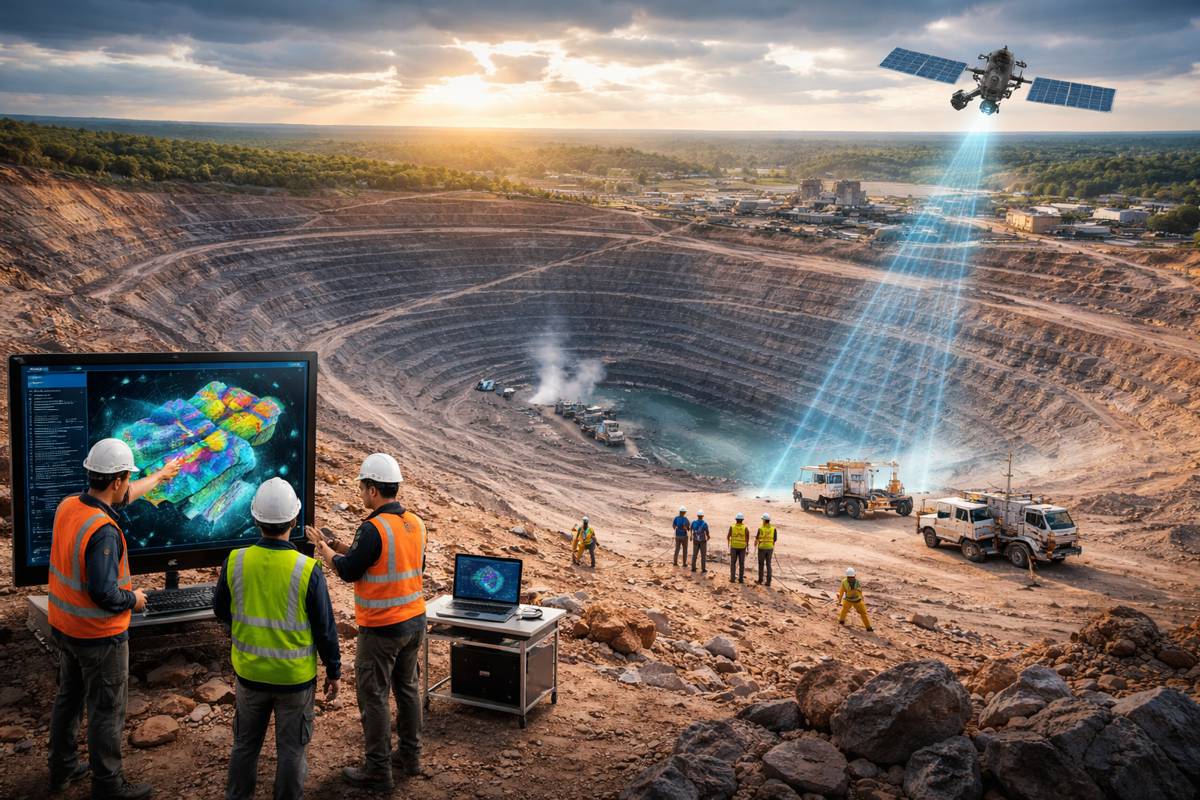Swisspod Hyperloop Trial Sets New Benchmarks
In a breakthrough moment for sustainable transportation, Swisspod, alongside the Swiss Federal Institute of Technology Lausanne (EPFL) and the School of Business and Engineering Vaud (HEIG-VD), has rewritten the record books. Their collaborative effort has resulted in the longest hyperloop trial to date, conducted at Europe’s first operational hyperloop testing facility in Lausanne, Switzerland.
This achievement represents a quantum leap forward in hyperloop technology, paving the way for more efficient, sustainable, and high-speed transportation systems. With a vision to redefine intercity travel, the consortium has demonstrated the incredible potential of hyperloop systems through their LIMITLESS project. Let’s dive deeper into how this milestone sets the stage for a new era of transportation.
What Is the LIMITLESS Project?
The LIMITLESS initiative, short for Linear Induction Motor Drive for Traction and Levitation in Sustainable Hyperloop Systems, is a collaboration between EPFL, HEIG-VD, and Swisspod Technologies. The project aims to revolutionise transportation by developing hyperloop technology with minimal environmental impact and cost-effective infrastructure.
The consortium’s latest trial featured the equivalent of a 141.6 km (88 miles) hyperloop journey on a reduced-scale track. Achieving speeds of up to 488.2 km/h (303.3 mph) in real-world conditions (40.7 km/h or 25.3 mph on the scaled track), the experiment showcased the viability of hyperloop systems for the future of high-speed travel.
Mario Paolone, professor at EPFL’s Distributed Electrical Systems Laboratory (DESL), highlighted the project’s innovative propulsion system: “The LIMITLESS project provides an understanding of several fundamental aspects related to the high-speed electromagnetic propulsion of hyperloop capsules. By leveraging this knowledge, we were able to integrate levitation and propulsion functionalities into a single motor with very high energy conversion efficiency.”
Inside the EPFL Hyperloop Testing Facility
The testing facility at EPFL, a circular loop track with a diameter of 40 centimetres and a circumference of 125.6 metres, offers a scaled-down (1:12) version of a hyperloop system. This unique design allows researchers to test and optimise hyperloop technologies in a controlled environment, directly correlating the findings with full-scale applications.
The facility’s design isn’t just for show—it’s a functional innovation. Cyril Dénéréaz, CTO of Swisspod, explains its importance: “Our infrastructure operates as a closed loop, so it truly is LIMITLESS, free from any inherent length limitations. The way our track was designed enables us to consider everything—the capsule’s energy efficiency, the propulsion systems, and more—in ways that other hyperloop infrastructures cannot.”
This meticulous testing environment has enabled Swisspod to push the boundaries of what hyperloop systems can achieve.
Back-to-Back Successes
Over the course of 82 rigorous tests, the LIMITLESS team achieved unprecedented results. The hyperloop capsule, fully autonomous and equipped with its own energy source, traversed 11.8 km (7.3 miles) on the scaled track, which translates to 141.6 km (88 miles) at full scale. These trials showcased:
- Top speeds of 488.2 km/h (303.3 mph) in real-world terms.
- Precise monitoring of energy consumption, propulsion efficiency, and thermal management.
- Successful navigation, propulsion, and braking within a low-pressure environment of 50 millibars.
Such achievements demonstrate not only the feasibility of hyperloop systems but also their readiness for real-world applications.
From Freight to Passenger Travel
Swisspod has its eyes set on revolutionising not just technology but society itself. With plans to commence full-scale testing at a larger hyperloop facility in the United States by 2025, the company aims to move beyond theoretical research. The Colorado-based facility, spanning over 162,000 square metres, will become the world’s largest hyperloop testing site.
Denis Tudor, Swisspod’s CEO, emphasised the long-term vision: “This milestone brings us closer to a future where hyperloop becomes a catalyst for societal change. Testing our first hyperloop freight transportation product in the U.S. marks a key step toward making hyperloop for passengers a reality and changing how we connect, work, and live.”
A Catalyst for Innovation Across Industries
The implications of LIMITLESS extend far beyond hyperloop systems. The technologies developed could revolutionise industries such as:
- Automotive: Improving propulsion systems for electric and autonomous vehicles.
- Rail and Metro Systems: Enhancing speed, efficiency, and sustainability.
- Aerospace: Providing insights into energy-efficient propulsion systems for future aircraft.
By perfecting these systems in a controlled environment, Swisspod ensures that their innovations can be adapted for a wide range of applications.
A Hub of Scientific Excellence
As one of Europe’s top science and technology institutions, EPFL provides the ideal setting for groundbreaking research. With support from the Swiss National Science Foundation and other organisations, EPFL’s DESL is at the forefront of developing energy-efficient and sustainable technologies.
Bridging Academia and Industry
HEIG-VD’s applied research programmes ensure that innovations like LIMITLESS have practical, real-world applications. By collaborating with Swisspod and EPFL, HEIG-VD contributes to creating new technologies that benefit industries and economies alike.
Fast-Tracking the Future of Transportation
The Swisspod hyperloop trial is more than just a world record—it’s a glimpse into a future where high-speed, sustainable travel becomes the norm. With each breakthrough, the LIMITLESS team brings hyperloop technology closer to market deployment, inspiring confidence in its potential to transform global transportation networks.
From reshaping intercity travel to influencing the automotive and aerospace industries, the ripple effects of this achievement are boundless. Swisspod’s efforts remind us that innovation doesn’t just push boundaries; it builds bridges—connecting ideas, cities, and people in ways previously unimaginable.





























